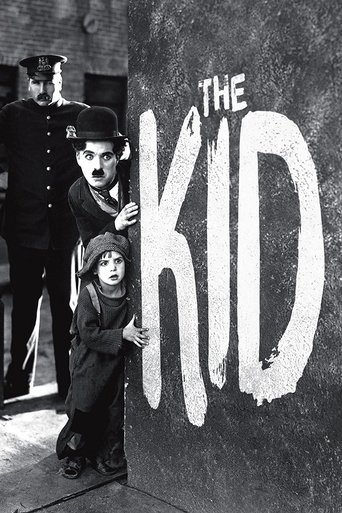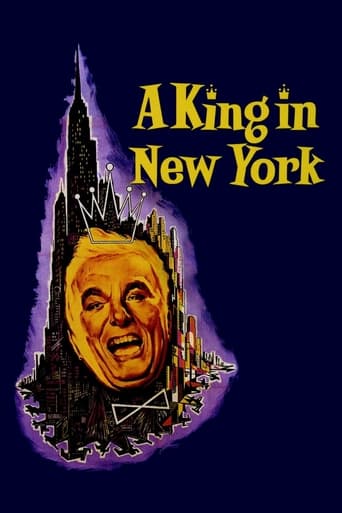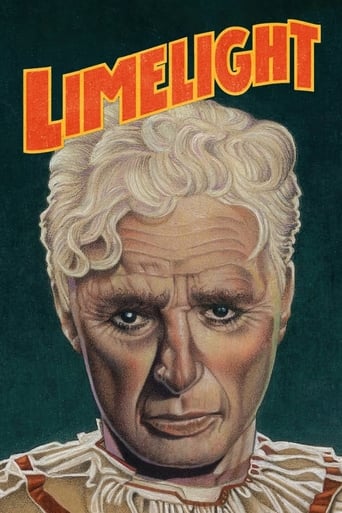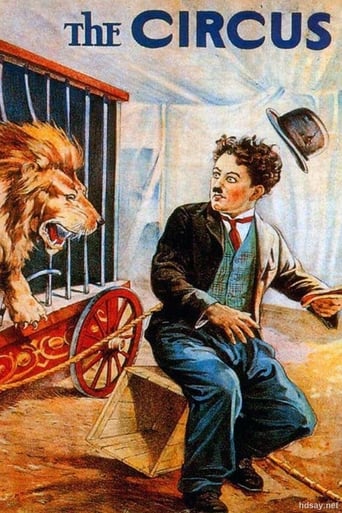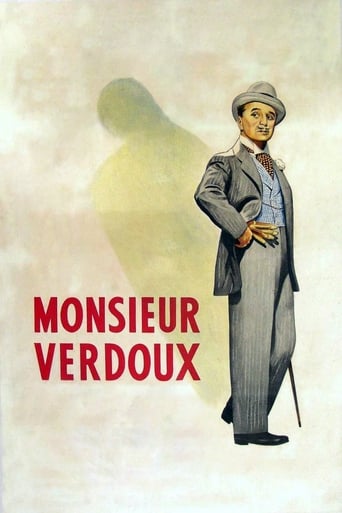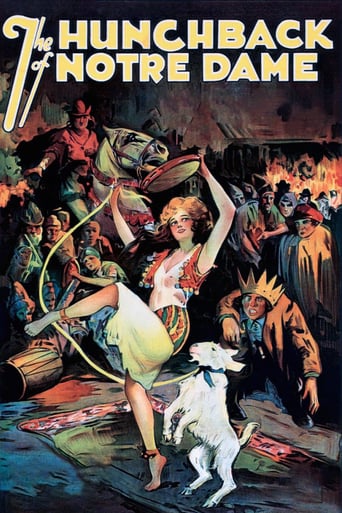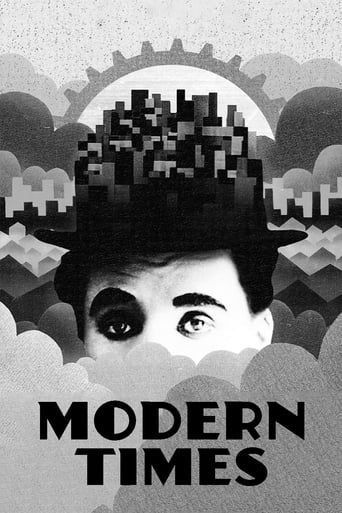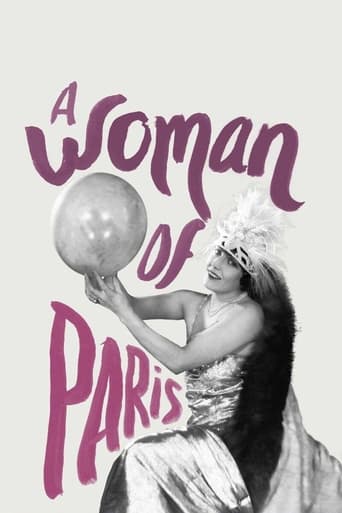


A Woman of Paris: A Drama of Fate
When Marie St. Clair believes she has been jilted by her artist fiance Jean, she decides to leave for Paris on her own. After spending a year in the city as a mistress of the wealthy Pierre Revel, she is reunited with Jean by chance. This leaves her with the choice between a glamorous life in Paris, and the true love she left behind.
-
- Cast:
- Edna Purviance , Clarence Geldart , Carl Miller , Lydia Knott , Charles K. French , Adolphe Menjou , Betty Morrissey


Similar titles
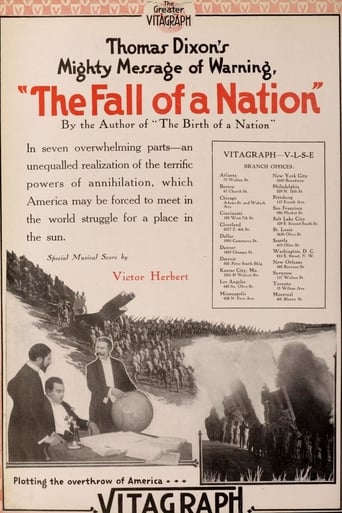




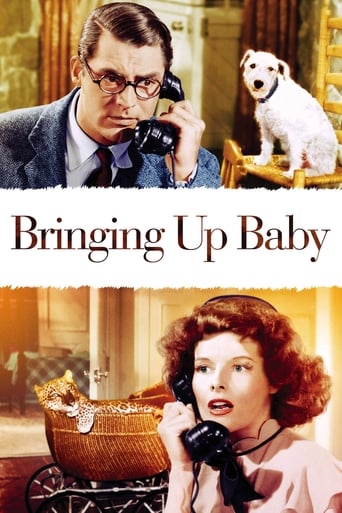

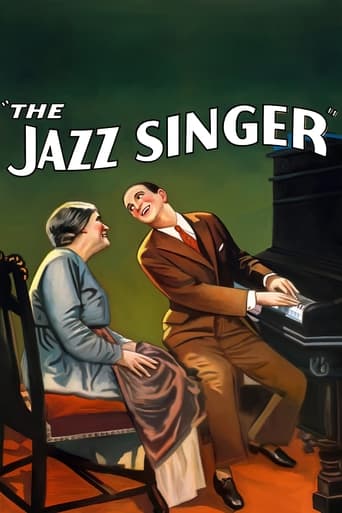
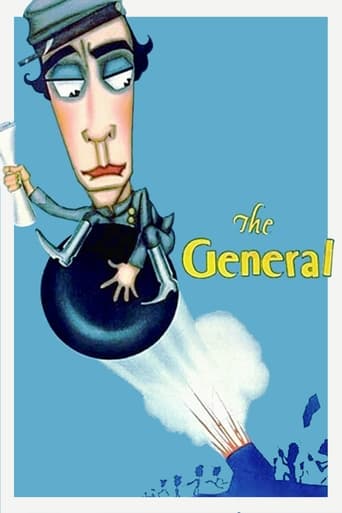

Reviews
Pretty Good
An Exercise In Nonsense
Although I seem to have had higher expectations than I thought, the movie is super entertaining.
I didn’t really have many expectations going into the movie (good or bad), but I actually really enjoyed it. I really liked the characters and the banter between them.
Am a big fan of Charlie Chaplin, have been for over a decade now. Many films and shorts of his are very good to masterpiece, and like many others consider him a comedy genius and one of film's most important and influential directors. It is hard to not expect a lot after not long before Chaplin had one of his earliest career highs in 'The Kid'. 'A Woman of Paris: A Drama of Fate' doesn't disappoint, and it shows Chaplin having properly found his style and fully settled. As said with many of his post-Keystone efforts, it shows a noticeable step up in quality though from his Keystone period, where he was still evolving and in the infancy of his long career. The Essanay and Mutual periods were something of Chaplin's adolescence period where his style had been found and starting to settle. After Mutual the style had properly settled and the cinematic genius emerged. Very much apparent here in 'A Woman of Paris: A Drama of Fate', which may not be one of Chaplin's best but it is to me one of his most under-appreciated.It is let down by the melodramatic ending that comes over too as silly and an interpolated music score composed not long before Chaplin's death that is intrusive and doesn't fit the film. On the other hand, 'A Woman of Fate: A Drama of Fate' looks great, from Essanay onwards, and it is certainly the case here, it was obvious that Chaplin was taking more time with his work and not churning out countless shorts in the same year of very variable success like he did with Keystone. It's actually one of his technically best-looking efforts from this period.'A Woman of Paris: A Drama of Fate' is also funny and very charming, never coming over as dull and never being too over-sentimental. It features some of Chaplin's most remarkable directing of any effort of his up to this point in his career. He similarly gets the best out of his cast, with the standouts being the ever charming and quite touching Edna Purviance and especially a superb Adolphe Menjou in a star-making turn. Concluding, very well done. 8/10 Bethany Cox
This charming film easily proves that Charlie Chaplin could do serious drama if only the public would have allowed him.TCM announcer Ben Manciewicz notes that "A Woman of Paris" bombed at the box office but that couldn't have been due to the performances, which were uniformly wonderful.Edna Purviance seems an unlikely heroine -- not dazzlingly gorgeous but convincingly expressive as a woman who'd like to give herself to a troubled artist who lacks the backbone to stand up to his mother and commit.Carl Miller does well as the conflicted painter but Adolphe Menjou is wonderful as a shallow bon vivant who is more entertained by than enamored with the lovely Marie.Lydia Knott is very good in the unglamorous role of Jean's doting mother.I liked the way this film ended on an inspiring note by citing the redemptive value of giving to others -- an ageless message.Coda: Music is used to wonderful effect in this film, as in sequences in which Pierre picks up a miniature saxophone and gives it a tootle. Impressively, it was Chaplin who composed the score.
It takes a very out-of-character film to be the oddest of a filmmaker's career that includes Monsieur Verdoux. Not featuring Charlie Chaplin himself, it's not really a surprise that A Woman Of Paris: A Drama Of Fate wasn't popular back in the day, but that doesn't mean it's not a good film. In fact, it's a great one. Though it's hard to say what version the 1920s audience watched as Chaplin re-edited and re-scored it at the end of his career in the 1970s, he certainly knew there was a gem in there somewhere. It's one of his most tightly wound and compelling films. Although you never feel particularly close to the protagonists, their characterisation is quite complex and fascinating for a film of this era. It has brilliant ironic scenes such as where the 'woman' throws something valuable about of a window to prove she doesn't need possessions then chases down someone who innocently picks it up. It adds a lot of layers to his usually simple style and gives a mature approach to the dilemma of living for money or love. Although it has plenty of tragedy and comedy, the only issues are the sappy ending that comes out of nowhere and confusing motivations from the fiancé. Otherwise, it's belongs among his finest films and, dare I say, features his best composed score of his whole career. Chaplin certainly began and ended on high notes.8/10
The second film in my somewhat unusual Charles Chaplin double feature (after the delightfully black 'Monsieur Verdoux (1947)'), 'A Woman of Paris' is perhaps the silent comedy master's least mentioned film, perhaps partly due to it not actually being a comedy, or because Chaplin himself appears only in a very brief cameo role. His first and, I'll venture, his only strictly dramatic feature, the film traces the romantic dilemma of a young French woman living in Paris. It was Chaplin's first film with United Artists which he had founded in 1919 with Douglas Fairbanks, Mary Pickford and D.W. Griffith. Originally entitled 'Public Opinion' and then 'Destiny,' Chaplin considered a dozen more titles before he finally settled on a name.Marie St. Clair (Edna Purviance) and her romance Jean Millet (Clarence Geldart), an aspiring artist, residents of a small French village, have plans to move to Paris and get married. However, unfortunate circumstances delay their plans, and Marie impulsively boards the train without Jean. A year or so later, Marie has assimilated into the upper-class lifestyle of Paris, having become the mistress of a wealthy, cynical businessman, Pierre Revel (Adolphe Menjou). It is then that she and Jean suddenly meet again. Though there are undoubtedly still feelings between them, Marie must decide whether she can sacrifice all of Pierre's luxuries to pursue the man that she loves.Written, produced and directed by Chaplin, 'A Woman of Paris' is a tightly-paced drama/romance, employing a lot of dialogue (somewhat unusual for Chaplin, who usually relied on extended slapstick comedic set pieces to drive his silent films) and a three-way relationship that has since become commonplace in films of this sort. The film allowed Chaplin to extend his skills beyond the realm of the lovable little Tramp. Unfortunately, this seemingly was not what audiences wanted. Perhaps perceived as a harmful satire of the American way of life, 'A Woman of Paris' was banned in several US states on the grounds of immorality, and it was a commercial flop. Chaplin had conceived the film as a means of launching the individual acting career of Edna Purviance, though this bid was unsuccessful. It did, however, make an international star of Adolphe Menjou.Many critics, despite the poor box office performance, praised the film's startling realism. Notably, director Michael Powell ('Black Narcissus,' 'Peeping Tom') cited 'A Woman of Paris' as his greatest inspiration to become a filmmaker. In 1976, a frail Charles Chaplin just one year before his death reissued the edited film with a new musical score he had composed, aided by music arranger Eric James. A criminally underrated silent classic, 'A Woman of Paris' is yet another testament to Chaplin's undeniable cinematic genius.

